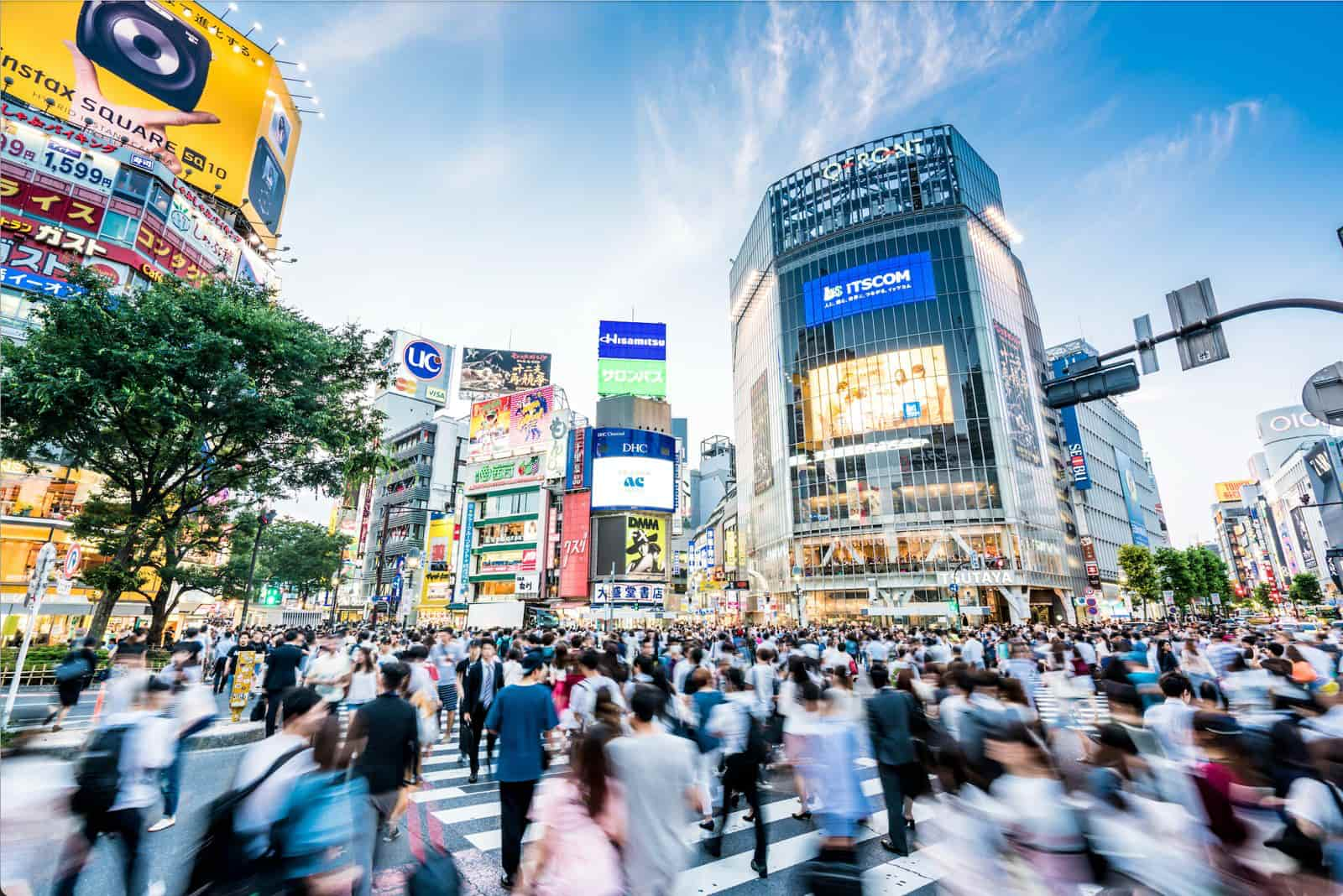
ID
|
EN
Work in Japan
Study Trip
Accommodation

Medan, Indonesia
Head Office
Nakamura Study Japan
Jl. Veteran No.128, Kec. Medan Tim., Kota Medan,
+62 815-600-6060
Jakarta, Indonesia
Operational Office
Nakamura Study Japan
Jl. Quantum Raya,No.9 B, Curug Sangereng, Kec. Klp. Dua,
Gading Serpong, Kabupaten Tangerang, Banten 15810
+62 815-600-6060
Tokyo, Japan
Representative Office
Shibuya Dogenzaka Tokyu Building 2F-C
1-10-8 Dogenzaka, Shibuya-ku, Tokyo, 1500043
katherine@nakamurastudyjapan.com

Balas dalam 1 menit
Halo 👋,
ada yang bisa kami bantu hari ini?
Close X

1. Deep Respect in Everyday Life
Respect is one of the most fundamental values in Japanese society. You’ll see it in how people bow when greeting, the use of honorific language, and the way they interact with elders, strangers, and even inanimate objects.
Bowing (ojigi) is a daily gesture, used in greetings, thanks, apologies, and even on the phone (yes, really!). The deeper and longer the bow, the more formal the expression.
Even the language itself reflects hierarchy and politeness. The Japanese language has various speech levels depending on who you're speaking to—showing how deeply respect is embedded in communication.
2. Cultural Aesthetics: Wabi-Sabi and Minimalism
Wabi-sabi is the Japanese aesthetic of finding beauty in imperfection and impermanence. You’ll find it in traditional architecture, pottery, gardens, and even the seasonal way of life. It teaches the acceptance of transience and the natural cycle of growth and decay.
Japanese minimalism, which has gained global popularity, is not just about design—it’s a lifestyle. The idea is to live with only what is necessary, creating space not just physically but mentally.
This appreciation of simplicity and subtlety can be seen in everything from the tea ceremony to home interiors, where muted colors and natural materials dominate.
3. Festivals That Celebrate Life
Japan has thousands of festivals (matsuri) across the year, each with its own regional character. Whether it's dancing in the streets during Awa Odori or floating lanterns during Obon, these festivals bring communities together and celebrate nature, history, and spirituality.
One of the most iconic is Hanami, the cherry blossom viewing in spring. Friends and families gather under the sakura trees to eat, drink, and celebrate the fleeting beauty of the flowers—a perfect symbol of wabi-sabi.
Festivals often include colorful yukata (light kimono), street food stalls, traditional music, and fireworks. They are not just cultural events but moments of pure joy.
4. Omotenashi: Japanese Hospitality
Omotenashi is the spirit of selfless hospitality. It’s not just about service—it’s about anticipating the guest's needs before they ask. From hotels to restaurants to everyday interactions, you’ll feel this warm and thoughtful approach everywhere in Japan.
Whether you're being served a cup of tea or checking into a ryokan (traditional inn), the experience is designed to be smooth, respectful, and unforgettable.
This spirit also shapes customer service in stores and public transport—politeness, efficiency, and cleanliness are the norm, not the exception.
5. Food as a Cultural Experience
Japanese cuisine is more than sushi and ramen. It’s a reflection of the seasons, geography, and philosophy.
Each meal is carefully balanced in color, texture, and nutrition. Even convenience store bento boxes are made with care and variety. Local dishes like okonomiyaki (savory pancake), kaiseki (multi-course fine dining), and wagashi (traditional sweets) offer windows into regional identity and tradition.
Mealtime is often quiet and respectful. Saying "Itadakimasu" before eating and "Gochisousama deshita" after is not just etiquette—it shows gratitude to everyone who prepared the meal.
6. Technology Meets Tradition
In Japan, ancient temples can sit just blocks away from high-speed train stations. Robots serve in cafes, but people still send handwritten New Year’s cards. This balance between innovation and cultural preservation is what makes Japan extraordinary.
It’s common to see people using cashless payment in a 1,000-year-old shopping street, or playing with retro gaming machines in modern malls.
Even younger generations who embrace modern pop culture (anime, fashion, tech) still participate in traditional customs like shrine visits on New Year’s Day (hatsumode).
7. Cleanliness and Order in Public Life
Japan is remarkably clean—even in large cities. What’s interesting is that there are very few public trash bins, yet litter is rare. This is because people are taught from a young age to take their trash home and be responsible for shared spaces.
It’s also a culture where queuing is automatic, silence is respected on trains, and shoes are removed before entering homes (or even some restaurants).
These habits aren’t enforced by strict rules but by a strong social expectation of mutual respect.
Why Culture Matters When You Study or Work in Japan
Understanding Japanese culture is essential if you're planning to study or work in Japan. It helps you adapt faster, connect deeper with local people, and avoid cultural misunderstandings.
At Nakamura Study Japan, we don’t just help you with documents and schools—we help you prepare for life in Japan. From cultural workshops to real-life experiences during study trips, we ensure you're ready to thrive.